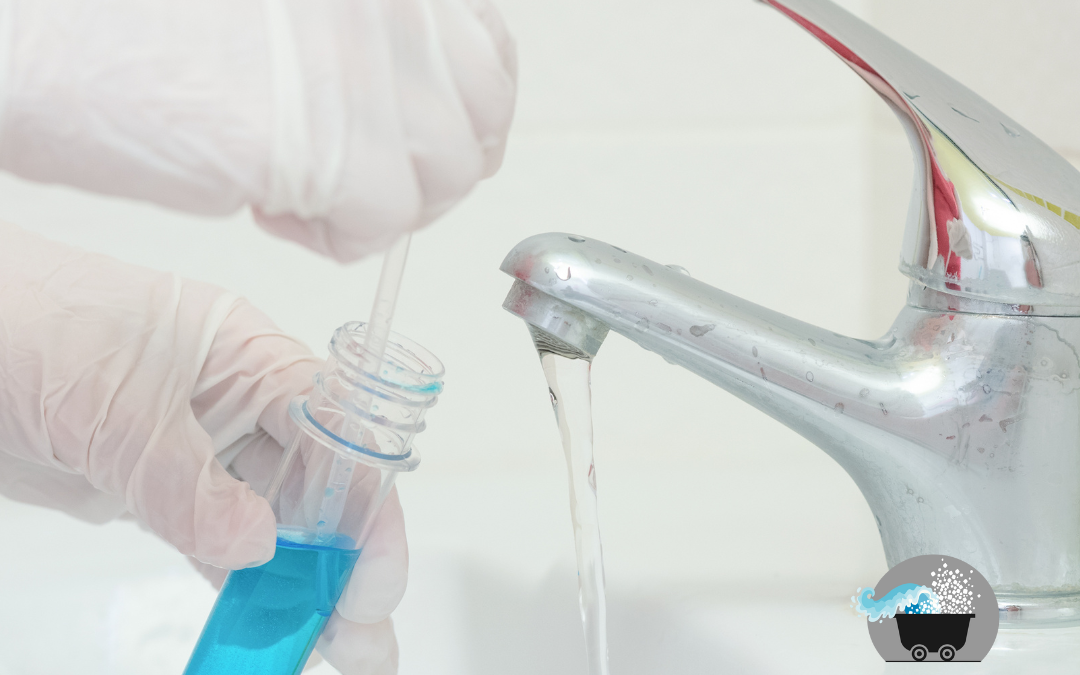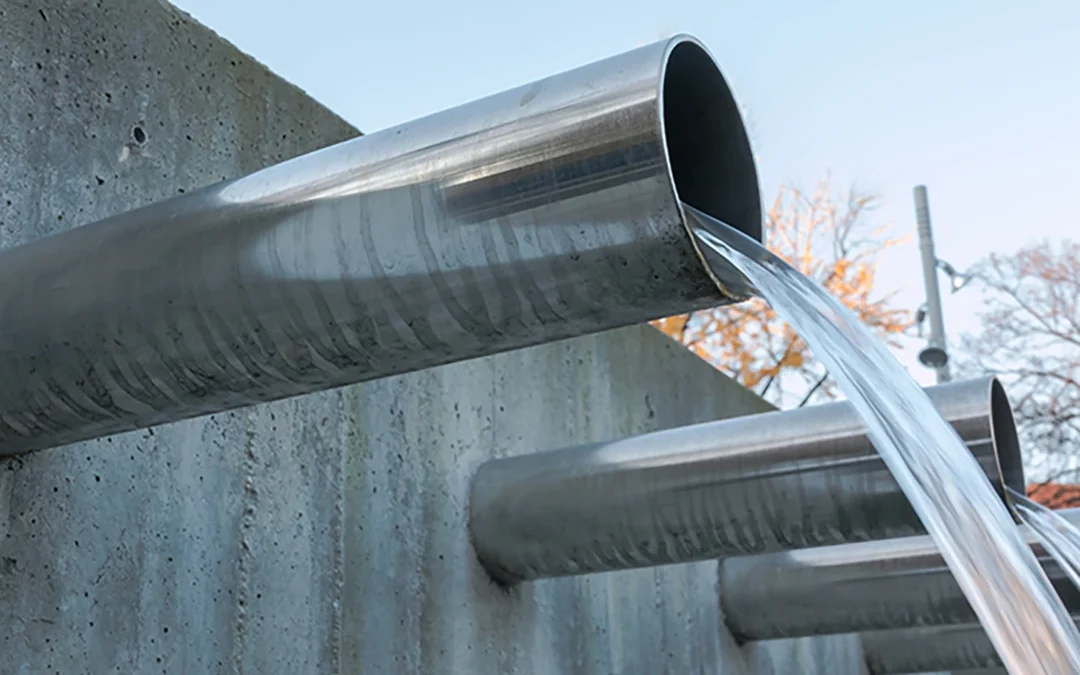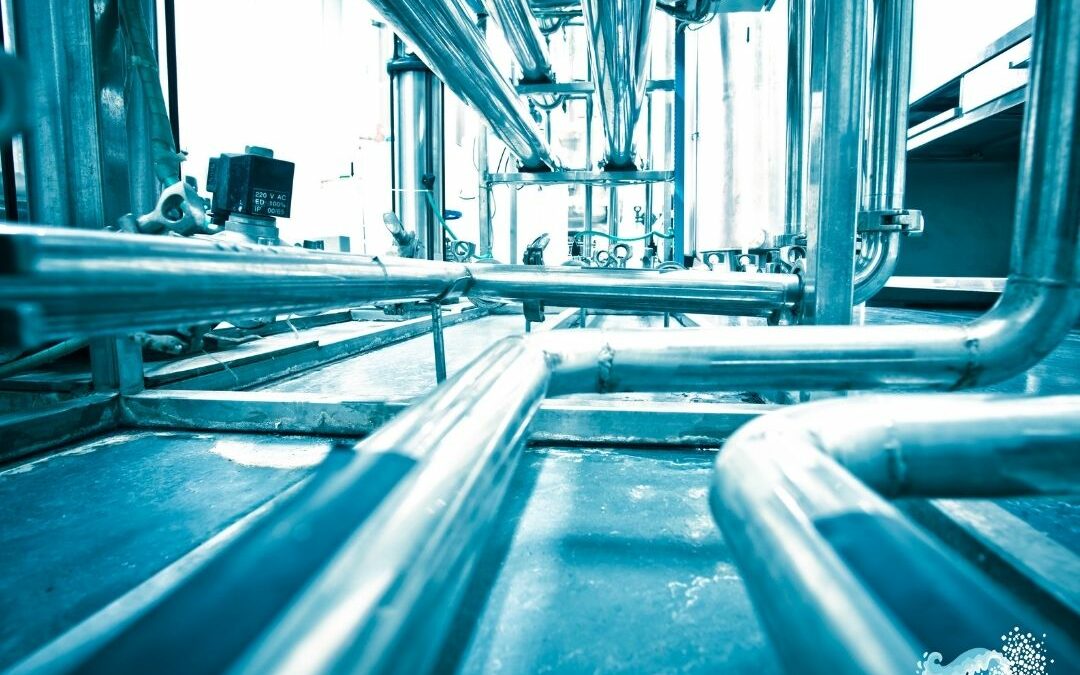Hard water is an issue in the United States. In fact, some statistics estimate that approximately 85% of households in the U.S. have hard water. This has caused home water softeners to become popular as a method of dealing with the negative effects of hard water. At the same time, environmental concerns have arisen around the discharge of salt into the environment from traditional salt-based water softeners.
How does water softener salt get into the environment?
Water softeners contain beads of resin coated with sodium. As hard water flows through them, calcium and magnesium (the minerals that make the water “hard” in the first place) are replaced by the sodium covering the resin in a process known as ion exchange. The removal of these hard minerals from the water leaves “softened” water which is then distributed throughout the household.
Over time and with repeated water usage, the resin beads become saturated with calcium and magnesium ions which need to be disposed of in order for the softening process to continue. When this occurs, the water softener goes through the process of regeneration. The beads are rinsed with a solution of highly concentrated salt water, which then is discharged into the septic system. How often this occurs typically depends on the amount of water being used, with regeneration being required more frequently as higher volumes of water are processed.
Negative effects of water softener salt on the environment
The issue of environmental salt contamination arises when highly concentrated saline brine is discharged into septic or water treatment systems. The salt eventually makes its way into surrounding soils and groundwater, leaving behind some not-so-pleasant side effects. Some of these are listed below:
- Altered soil permeability – Over time, salt buildup in soils can affect their ability to filter water. This can eventually lead to septic system problems such as slow flowing or non-functioning leach fields.
- Impaired crop growth – When soil or groundwater becomes too saline, crop growth is impaired, negatively affecting the agricultural industry and some of our food sources. Some areas of land are left completely useless in terms of agriculture, or the crops that do grow aren’t as productive.
- Poor water quality – Water with a high salt content can negatively affect the health of those who drink it, including humans, pets, other animals, and aquatic life. In order to make this water safe for human consumption, many municipalities spend millions of dollars each year to treat it. Salt contamination in water can even affect animals that normally live in saltwater, since too much can interfere with the normal balance and functioning of their bodies.
In addition to water softener salt, other sources of salt contamination include runoff from roads being treated with salt in the winter. It’s obvious that salt can be beneficial to humans for many things, but we also have to be careful of how it affects the environment we live in.
The smart solution to prevent salt contamination
While local governments and municipalities continue to work on regulations against water softeners that they hope will lead to less salt contamination, there is another, more positive solution. The Salt Miner is an eco-friendly device that can be added on to existing water softeners, helping them to meet local regulations and helping the environment at the same time. Instead of allowing water softener salt to be discharged into septic systems, the Salt Miner extracts the salt out of the softened water before discharge, collecting it so that it can be recycled or disposed of properly.
With the Salt Miner, you can continue to enjoy all the benefits of soft water, but be able to rest easy, knowing you’re protecting the environment too. How’s that for a positive solution to a hard problem?





